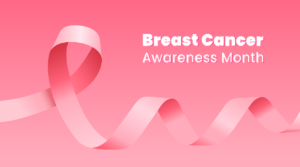What happens when your child visits an Orlando area speech – language therapist? What does a speech therapist do? Whether your child has been recommended for speech therapy or you feel they are a little behind, here is a general guideline of what you should expect from speech therapy sessions. Keep in mind, each speech therapy program is specifically customized to your child’s speech impairment.
What is a speech – language therapist?
 “They work to prevent, assess, diagnose, and treat speech, language, social communication, cognitive-communication, and swallowing disorders in children and adults,” according to the American Speech-Language-Hearing Association.
“They work to prevent, assess, diagnose, and treat speech, language, social communication, cognitive-communication, and swallowing disorders in children and adults,” according to the American Speech-Language-Hearing Association.
ASHA goes on to explain, “Speech disorders occur when a person is unable to produce speech sounds correctly or fluently, or has problems with their voice or resonance. Language disorders occur when a person has trouble understanding others (receptive language), or sharing thoughts, ideas, and feelings (expressive language).”
A speech therapist works with children and adults who cannot produce speech sounds clearly, those with speech fluency or rhythm problems, this can include stuttering and articulation disorder. They also help those with voice disorders, those who have a difficult time producing or understanding language, those with cognitive communication impairments, problems solving disorders, and those with chewing and/or swallowing difficulties.
“What we know is that the sooner the issues are addressed by a professional, the better chance the child has of getting on that normal developmental progression,” said Elise Davis-McFarland, president of the American Speech-Language-Hearing Association.
Check back with us next week as we go over what happens in speech therapy, until then, contact First Words Speech Therapy with any questions or concerns.
 October is Breast Cancer Awareness Month
October is Breast Cancer Awareness Month
In honor of Breast Cancer Awareness Month, the family at First Words Speech Therapy encourages everyone to join us in learning more about breast cancer and support those who are suffering with the disease.
Though we have made great progress in early detection, cancer treatment and finding a cure, we still have a long way to go.


